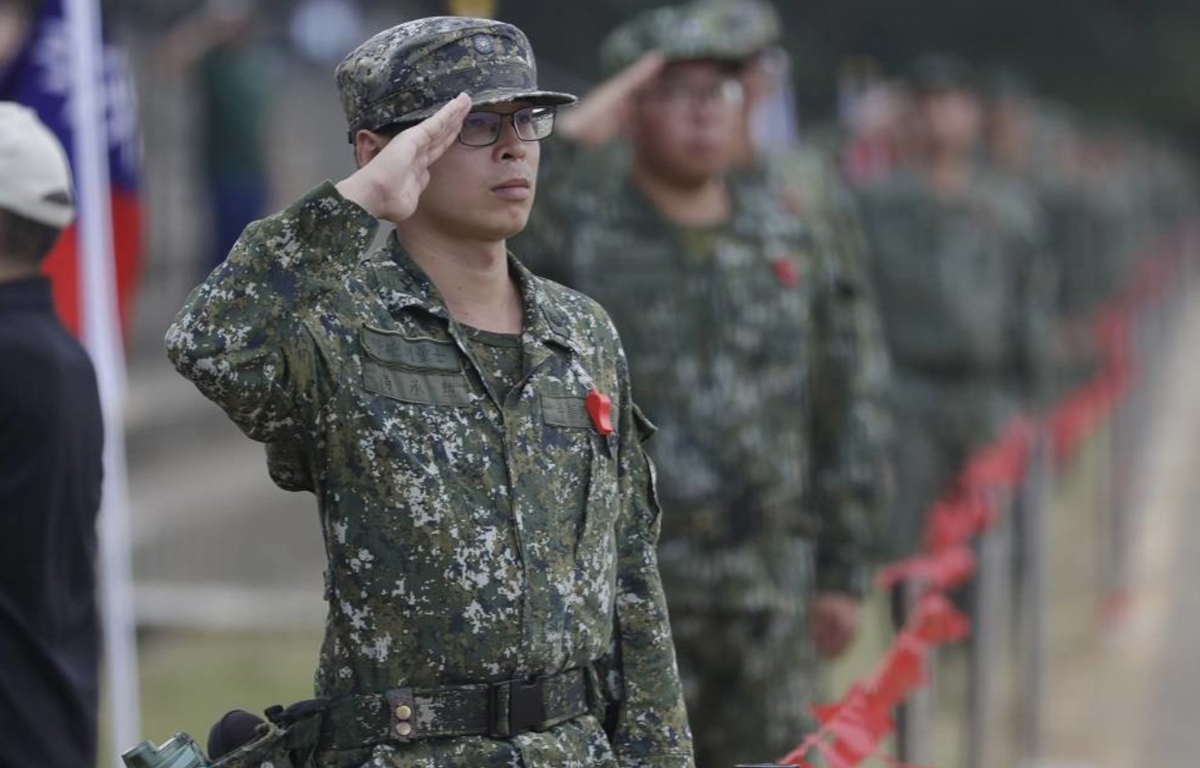
This meeting, which took place against the backdrop of evolving regional dynamics, underscores the growing engagement between Hamas and international stakeholders, particularly in the Middle East and Asia.
Hamas, the Palestinian militant group that governs the Gaza Strip, has long been a key player in the complex geopolitical landscape of the Middle East. Its interactions with foreign entities, especially those outside the traditional Western sphere, often draw attention and analysis due to their potential implications for regional dynamics and the Israeli-Palestinian conflict.
The meeting between Ismail Haniyeh and Chinese diplomats in Qatar signifies a strategic engagement aimed at fostering dialogue and understanding between Hamas and China. China, as a major global power with increasing interests in the Middle East, has sought to expand its diplomatic footprint in the region and engage with a diverse range of actors.
The discussions likely touched upon various topics of mutual interest, including regional stability, Palestinian issues, and potential avenues for cooperation. China’s approach to the Israeli-Palestinian conflict has been characterized by advocating for a two-state solution and supporting Palestinian statehood, albeit with a focus on non-interference in internal affairs and respect for sovereignty.
For Hamas, engaging with China presents an opportunity to diversify its international relationships and seek diplomatic support beyond its traditional allies. As the dynamics in the Middle East continue to evolve, such engagements could contribute to shaping regional strategies and fostering dialogue on critical issues.
It is worth noting that Qatar served as the host for this meeting, highlighting the country’s role as a diplomatic mediator and facilitator of dialogue in the region. Qatar has often played a pivotal role in brokering talks and initiatives aimed at de-escalating tensions and promoting peace efforts.
The meeting between Hamas and Chinese diplomats also reflects broader trends in Middle Eastern diplomacy, where countries are increasingly seeking to forge diverse partnerships and navigate complex regional challenges. As geopolitical dynamics continue to shift, diplomatic engagements such as these play a crucial role in shaping the trajectory of regional affairs.










Share this: